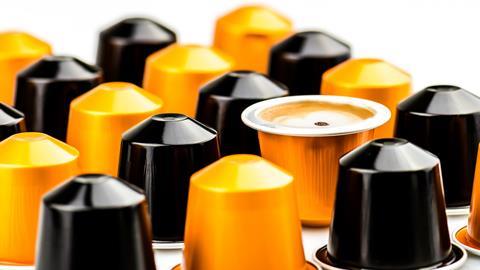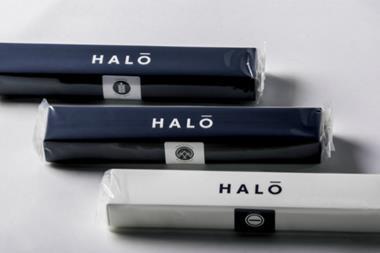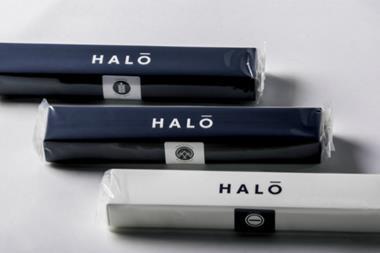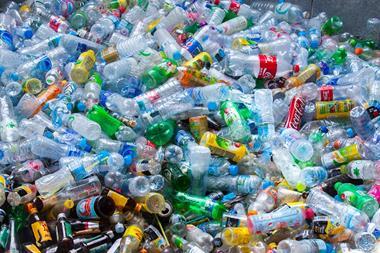Blame it on George Clooney. Ever since he started serving up Nespresso in dulcet tones, we’ve become a nation of coffee pod addicts. The format has become a reliable source of growth in the hot beverages market. Rates may have slowed slightly this year, but the pod format is still fast approaching the £200m mark.
It’s easy to understand why. Before Clooney came on the scene, we were all blissfully happy with a mug of instant doused in milk. As the ads made clear, that is not something a man such as gorgeous George would tolerate. Pods were positioned as the more sophisticated option, suitable for folk who wore designer suits – all without the faff of a cafetiere or buying a bean-to-cup machine.
It’s good news for British coffee standards. For the environment, not so much. Nespresso admits only 28% of its pods are recycled. Presumably, that means three-quarters go to landfill.
According to Nespresso UK & Ireland MD Guillaume Chesneau, it’s because “there is a difference between people saying they want to recycle and actually doing it”. But the fact that Nespresso pods are not compatible with kerbside recycling – instead, there are 7,300 collection points or the option of home collection – must also be a contributing factor.
So, coffee capsule makers have attempted to make it easier for consumers. One method is home compostable pods. The Eden Project was one of the pioneers with the launch of its pods last March. Halo Coffee followed suit with its own compostable version in October. Now Lavazza has launched industrially compostable capsules (they can go in your food bin, but will be accepted only by certain local authorities).
However, the idea of composting may already be behind the curve. Yesterday, Waitrose announced it had ditched plans for own-label compostable pods in favour of recyclable ones. Cru Kafe has gone down the same route with its 100% aluminium pods, which “can be popped into the household recycling just like you would a used tin of beans”.
It certainly sounds promising. Because home composting still requires a bit of effort. And if there’s one thing that deters consumers, it’s effort. That much is proven by the low uptake of the Nespresso scheme. So, if you make doing the right thing easy – that is, enable consumers to recycle pods in the same way as a bottle or a can – that could be the key to increasing recycling rates.
There are some questions around the idea. Namely, how recycling plants will be able to differentiate between recyclable pods and those that have been lumped in erroneously.
And, of course, there will need to be consumer education around the concept. Perhaps this is where the likes of George Clooney could come in handy. Anyone fancy getting a Hollywood A-lister down to a recycling plant?

























No comments yet